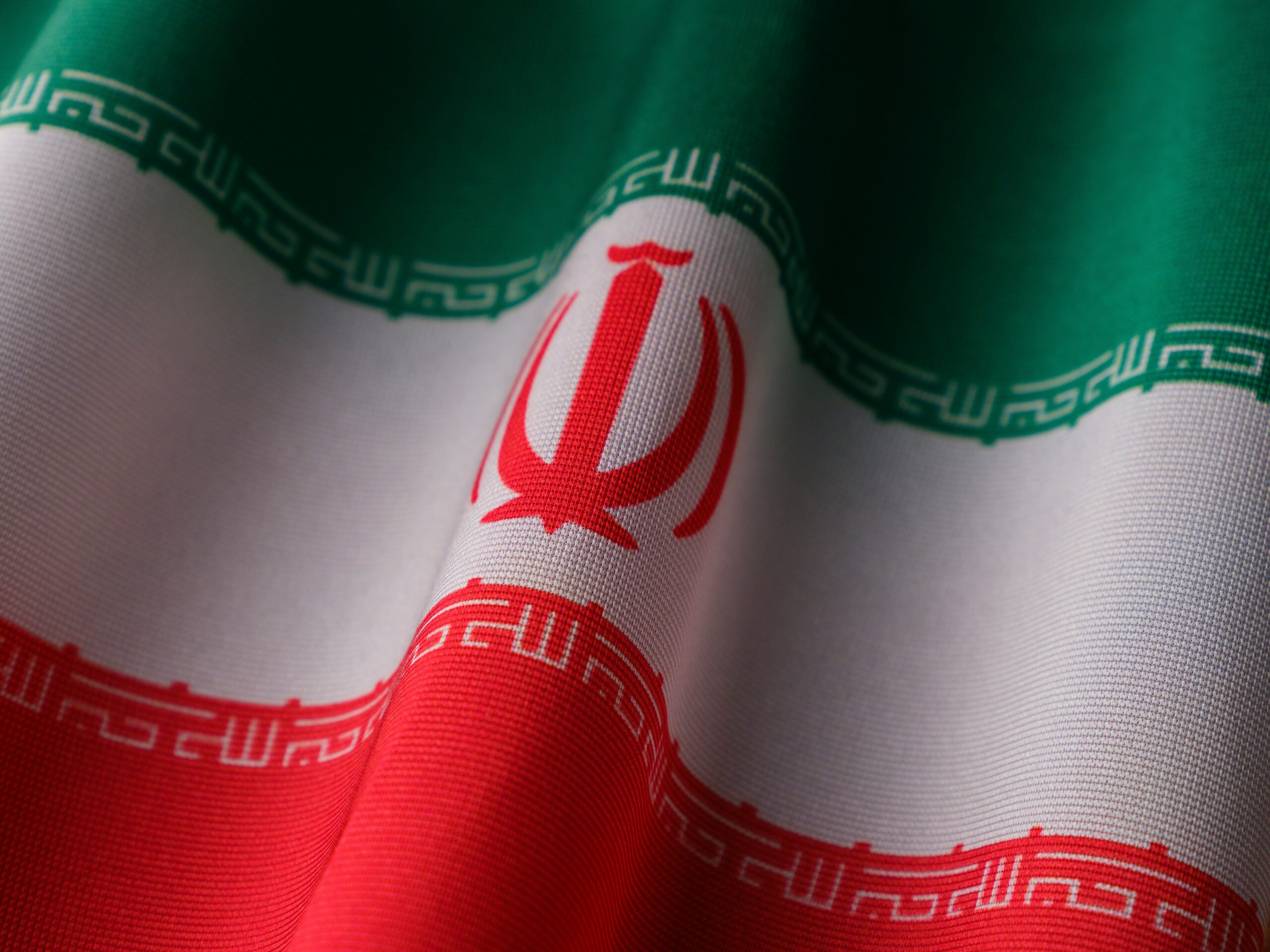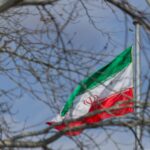By becoming a member of our site, you can add the content you like to your favorites, and present the content you have produced or liked on the internet to our site visitors with the send content option.
Zaten bir üyeliğiniz mevcut mu ? Giriş yapın
By becoming a member of our site, you can add the content you like to your favorites, and present the content you have produced or liked on the internet to our site visitors with the send content option.
You Can Benefit from All Options Exclusive to Our Members by Registering

Next Content:
Financial Futures in the Shadow of Iran’s Nuclear Aspirations
Ebrahim Raisi: Iran’s Controversial Leader

Ebrahim Raisi, elected as Iran’s President in 2021, is a figure of significant controversy. Known for his hardline stance, Raisi’s leadership marks a critical juncture for Iran, influencing both domestic and international policies. His background as a judge and his involvement in the 1988 mass executions have made him a polarizing figure, drawing criticism from human rights organizations.
Raisi’s presidency comes at a time when Iran is navigating complex issues, including the nuclear deal negotiations and economic sanctions. His administration is expected to take a tougher stance in nuclear discussions, potentially impacting the already tense relations with Western countries. The revival of the 2015 nuclear agreement, formally known as the Joint Comprehensive Plan of Action (JCPOA), remains uncertain under Raisi’s regime.
Domestically, Raisi’s promises of fighting corruption and improving the economy resonate with many Iranians, especially given the economic hardships exacerbated by international sanctions and the COVID-19 pandemic. However, there are concerns about his commitment to human rights and freedom of expression, given his past record.
Raisi’s presidency also signifies a shift towards a more conservative governance style in Iran. His close ties with Supreme Leader Ayatollah Ali Khamenei suggest a consolidation of power within the hardline factions of the Iranian government. This alignment could lead to more stringent domestic policies and a less open political environment.
On the international front, Raisi’s leadership is likely to affect Iran’s diplomatic relations. His administration’s approach to foreign policy could further strain relations with the United States and its allies, especially regarding regional conflicts and military activities. Conversely, Raisi may strengthen ties with China and Russia, seeking economic and military cooperation to counterbalance Western pressures.
In summary, Ebrahim Raisi’s presidency introduces a period of potential uncertainty and change for Iran. His hardline positions and historical background create a complex narrative, affecting Iranian society and its role on the global stage. The international community watches closely as Raisi’s policies unfold, determining the future trajectory of Iran’s political and economic landscape.
We offer our respects and wish you a good reading. – Who Learns What? Team
- On-Site Comments



























